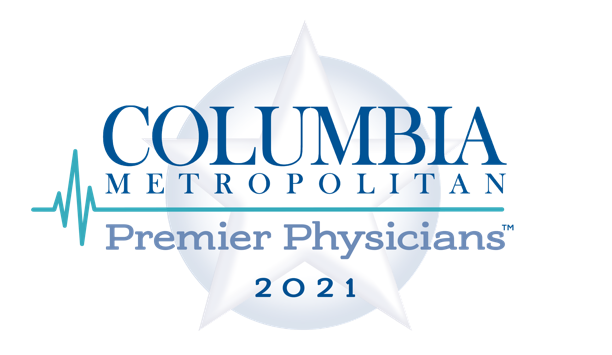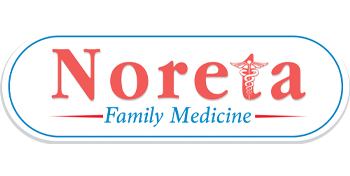Collagen 101
Collagen advertisements are all over the TV and internet, not just here in South Carolina, but I would guess all over the world! I recently dug a little deeper into what collagen is, what it might be useful for and what it is not useful for. The answers may surprise you!
Collagen is a major component of bones, organs, skin, and joints. Products containing collagen are derived from animal sources, so “vegan collagen” does not exist (even though it’s on the market). “Vegan collagen” contains factors that are thought to promote natural collagen production in the body, like Vitamin C, zinc, and copper.
What decreases your body’s natural production of collagen?
- Sun exposure, smoking, excess alcohol intake, excess sugar intake, lack of sleep, and lack of exercise
The biggest surprise to me was learning that collagen is not thought to penetrate the skin when used topically, like in a skin cream. This seems to contradict most of the ads I see for products containing collagen! However, there are other ways collagen can be used to help the skin, so keep reading!
Collagen peptides are the most common form of collagen on the market, but peptides are pieces and parts of a full collagen molecule. Imagine a Twizzler that has been pulled a part and then chopped into 1-inch pieces. That smaller 1-inch piece is a peptide and is thought to encourage collagen production when absorbed into your body from your stomach. The intact Twizzler is what intact collagen looks like. There are 3 types of collagen in the body – type 1, type 2 and type 3 collagen. I love it when things are named so that they are easy to remember!
Here is what research studies have shown collagen to be beneficial for (or not!):

- Knee Arthritis – Small studies have shown that Type 1 and Type 2 Collagen (INTACT collagen) are helpful in the dose of 8-40mgper day, taken by mouth, for reducing pain. Most studies have not shown a benefit when folks have taken collagen peptides for knee osteoarthritis.
- For joint pain in athletes and older adults, improving muscle strength and reducing muscle soreness – the evidence is mixed, low quality, or the studies were very small.
- Wrinkles – Collagen peptides in doses up to 10g orally per day did improve skin hydration and elasticity but the effect on visible wrinkles remains unclear/less
well studied.
Below are the doses that have been found in studies to be safe and some common side effects. The good news is that no studies have found that collagen interacts with prescription medicines, and is well absorbed in your gut. As always though, check with your doctor before starting to take collagen.
- Collagen peptides – Doses of 2-10g daily are safe for up to 5 months. Minor stomach upset has been reported as a side effect with these doses.
- Type 1 Collagen – Doses of 8mg for up to 3 months, or 0.5mg daily for up to a year have been shown to be safe. No side effects have been reported.
- Type 2 Collagen – Doses of 40mg daily for up to 6 months have been found to be safe.
Next, a word on collagen protein powders. While collagen is not a complete protein and therefore cannot be relied upon as the ONLY source of protein a person eats, it can act as an additional source of protein when combined with other sources.
NOTE: As with all supplements, I recommend looking for a third-party certification to help ensure the product is high quality, and contains what it says it does. NSF and USP stamps on the outside of a supplement bottle are examples of third-party certifications.
And now the people in the Midlands of SC know the scoop on collagen!
Have a good week! Feel free to contact me with any questions.
Melissa Boylan, MD, FAAFP
Family Physician and Owner of Noreta Family Medicine

